Influence of Teacher on Student Motivation: Opportunities to Increase Motivational Factors During Mobile Learning

Self-Regulation Motivation Since the COVID-19 lockdown, a noticeable decline in student motivation has been observed, particularly with the transition to distance learning. This study explores how motivational processes impact the quality of mobile learning, analyzing factors that enhance students’ motivation to learn in isolated settings and identifying key demotivating factors that affect the quality of […]
Evaluating the Effectiveness of Educational Games
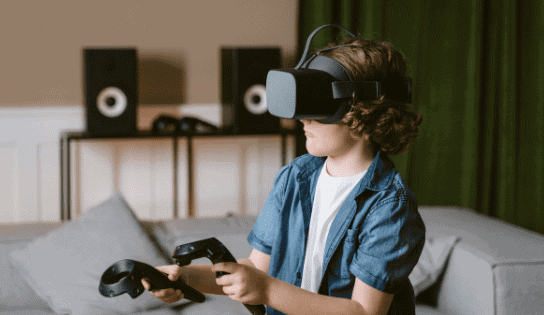
The authors wanted to specifically examine what knowledge-construction behaviors are exhibited by elementary school students when using serious games and how these behaviors differ across academic performance levels.
A Comparison of Self-Regulated Learning to Math Achievement
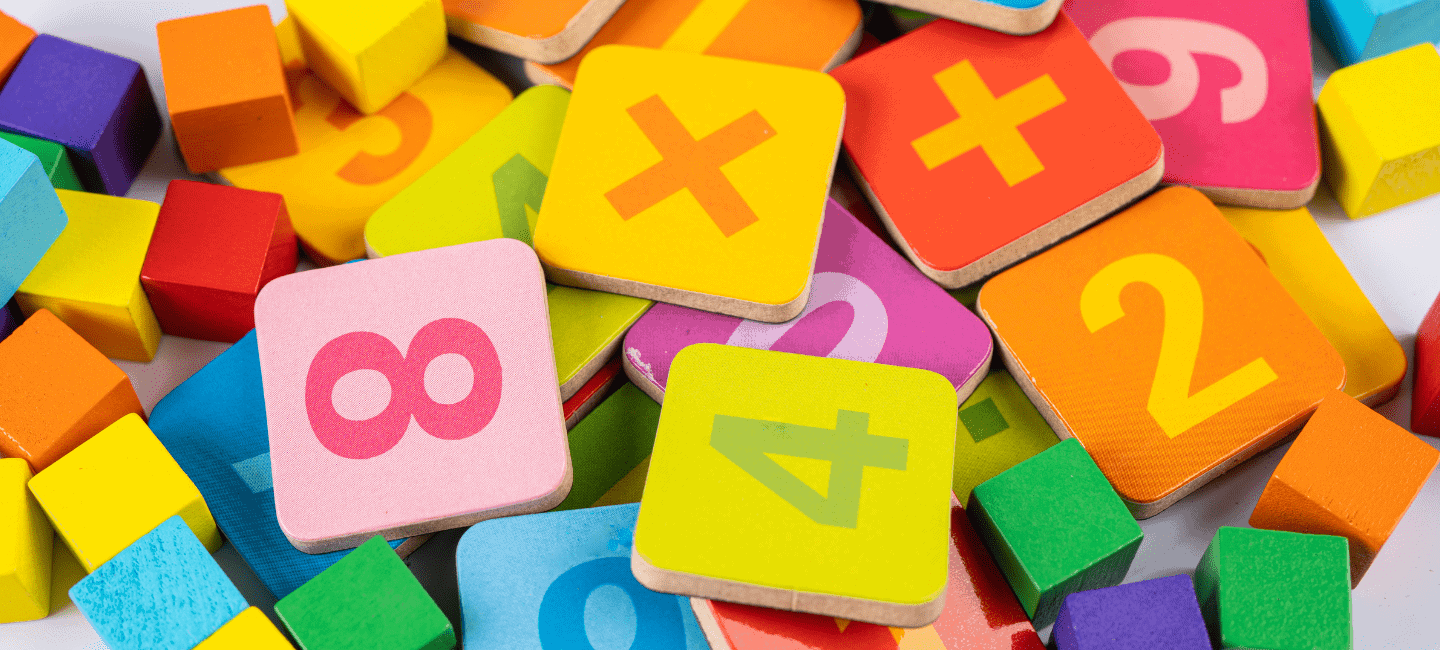
The purpose of the current study was to identify self-regulated learning profiles among middle school students and to investigate whether these profiles related to multiple indicators of academic success and regulatory engagement in mathematics.
Self-Regulation and Early Geometric Skills in Young Learners 
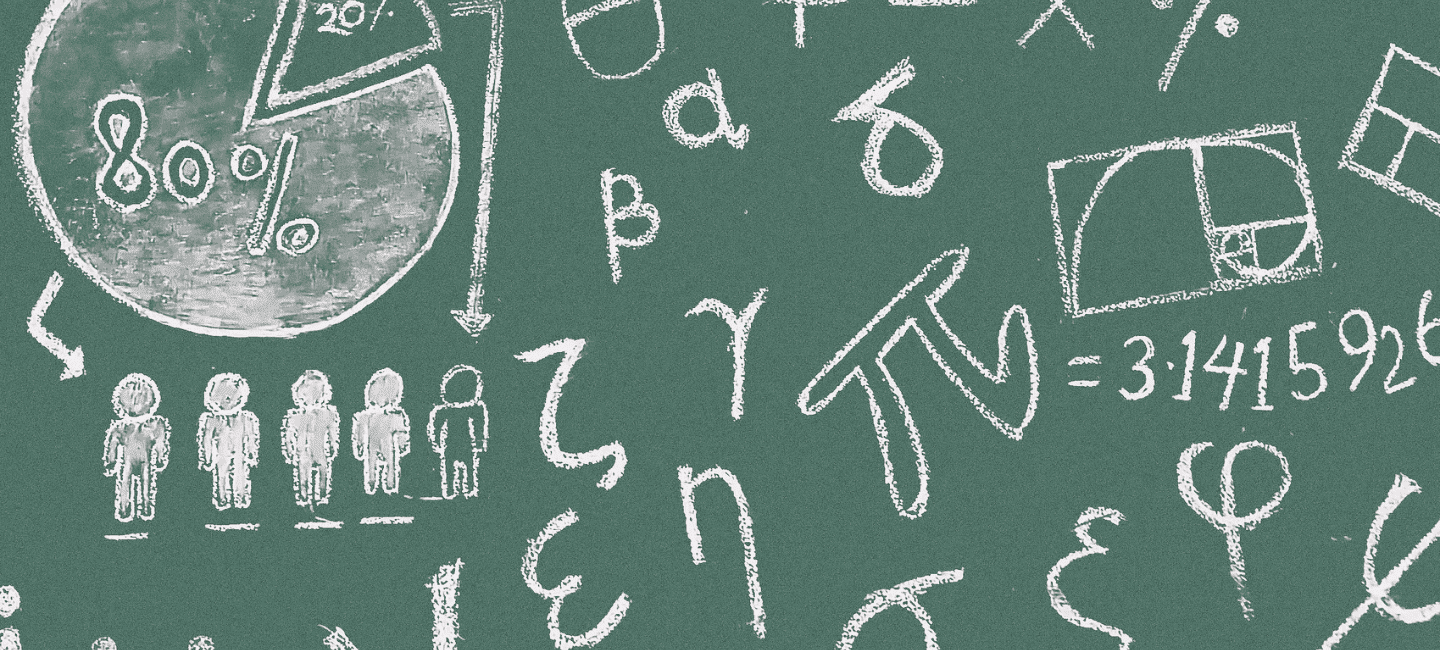
Geometry is an essential topic in mathematics, fundamental to young children’s mathematical learning and development. Results of the current study suggest that fostering self-regulation skills positively impacts the learning of early geometry skills.
Supporting Social Skills and Self-Regulation in a Digitized World
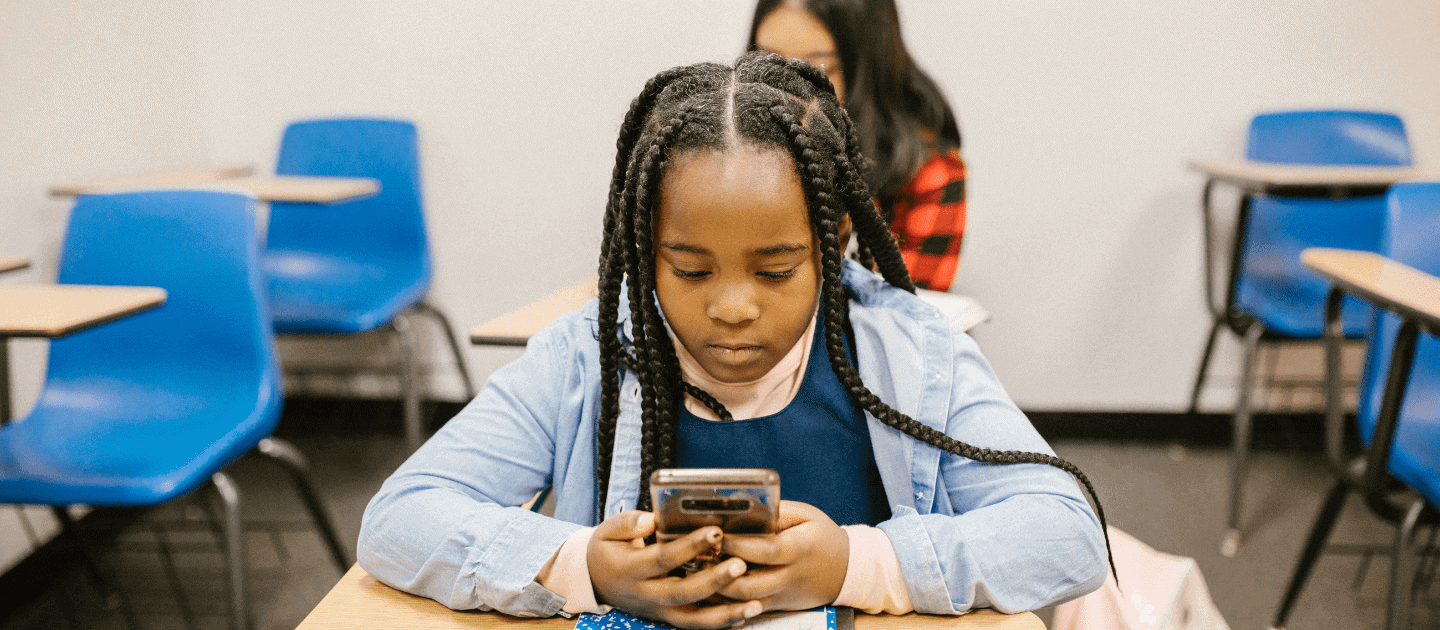
The more frequently and longer students spend time online, the lower the ratings of self-regulation in digital contexts. Yet, parental control and explicit teaching of digital skills can positively impact self-regulation.
Exploring student perceptions of their learning adaptations during the COVID-19 pandemic

The change from onsite learning to online can cause students to lose motivation and efficiency in their learning. Having self-regulation skills and the use of preferred low or high-impact strategies can also affect student learning.
Self-Regulation to Combat Mind Wandering During Self-Directed Learning

Mind wandering has the potential to negatively impact the process of learning and has become more prevalent with the increased practice of online learning. Self-regulation interventions may be able to decrease mind wandering and should be widely taught to students.
Transitioning from in-person to online learning during a pandemic: an experimental study of the impact of time management training

In an experiment conducted over two semesters (Fall 2019 and Winter 2020), research indicated how time management training increases self-control and time spent on activities, leading to more academic success. Not surprisingly, however, during the pandemic when time structures dissolved and learning went online, there was an increase in leisure time.
How can self-efficacy lower the levels of temptation in student learning?
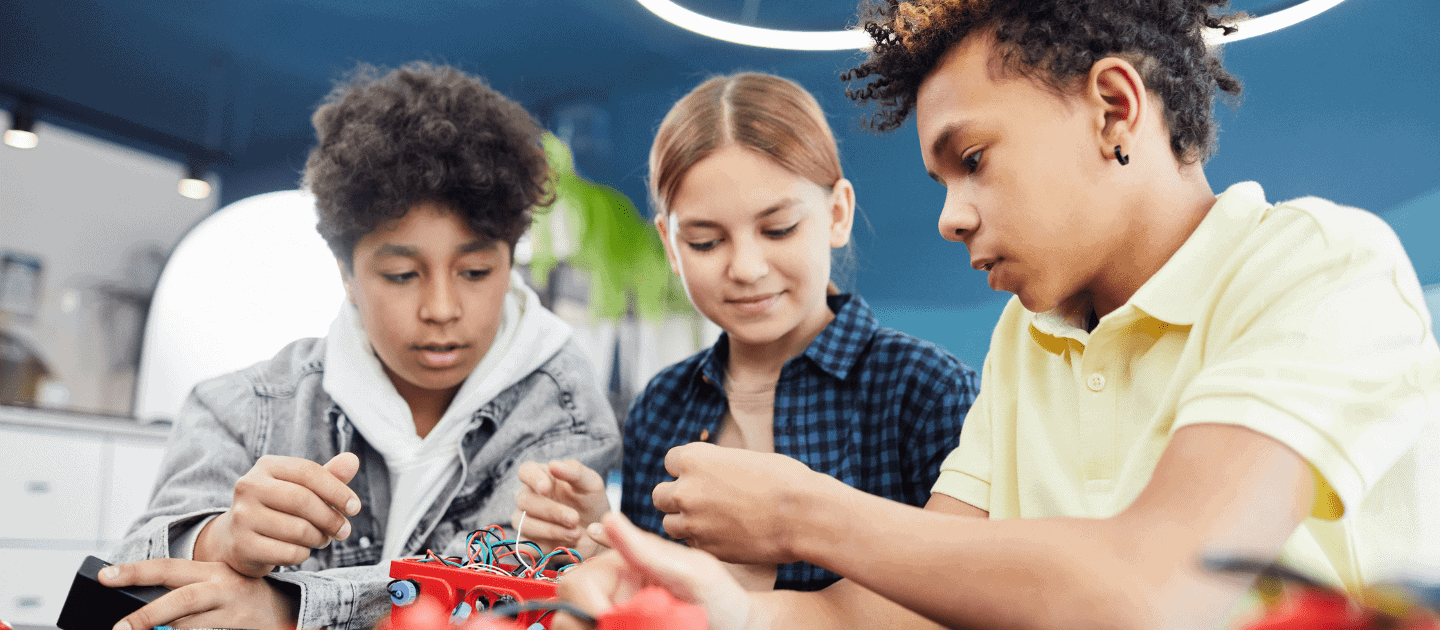
Temptation can hamper engagement and perseverance directed towards a specific task and cause distractions that can impact the learning process of a student.
Is Reprimanding Students an Effective Behavior Management Strategy?
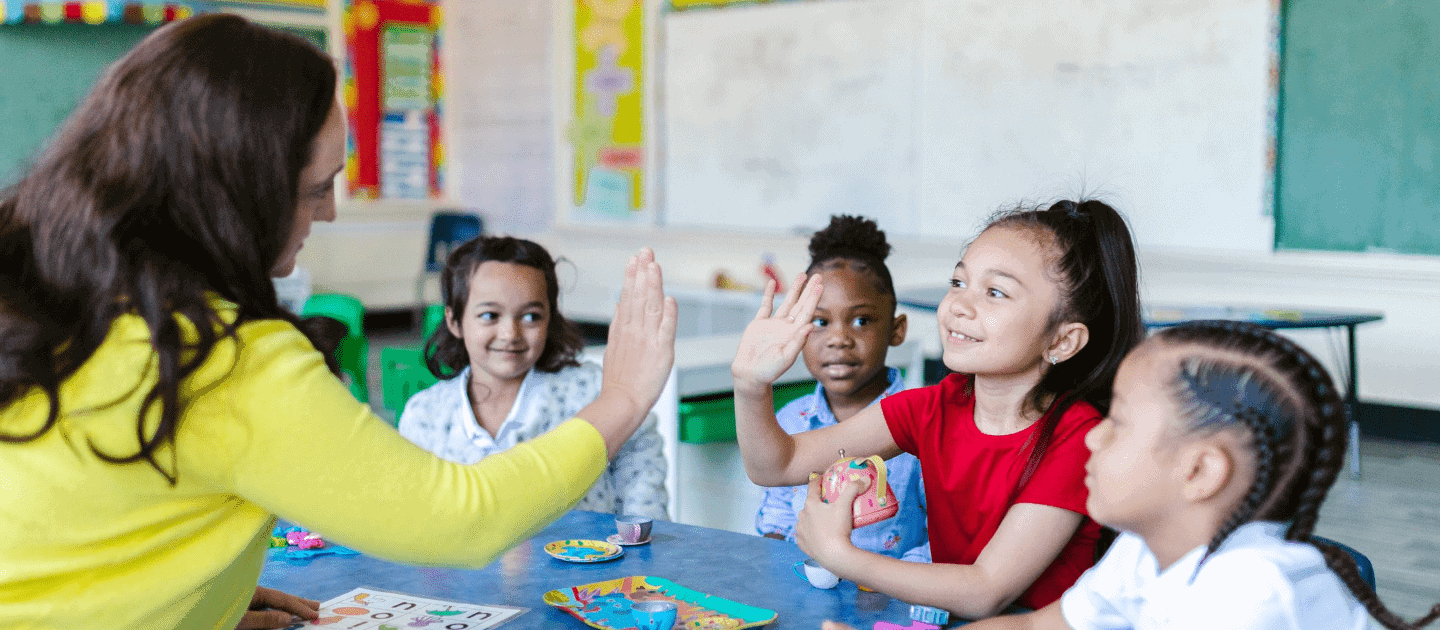
Research suggests that teacher reprimands do not decrease students’ future disruptive behavior or increase their engagement levels.
